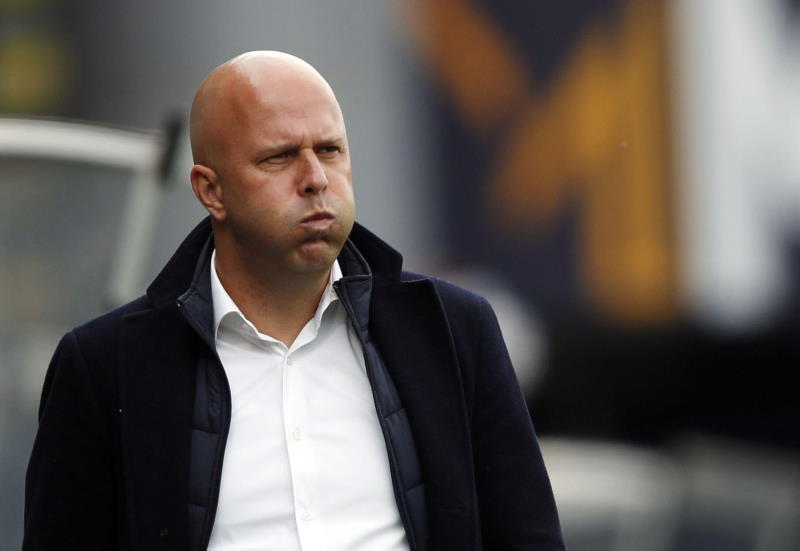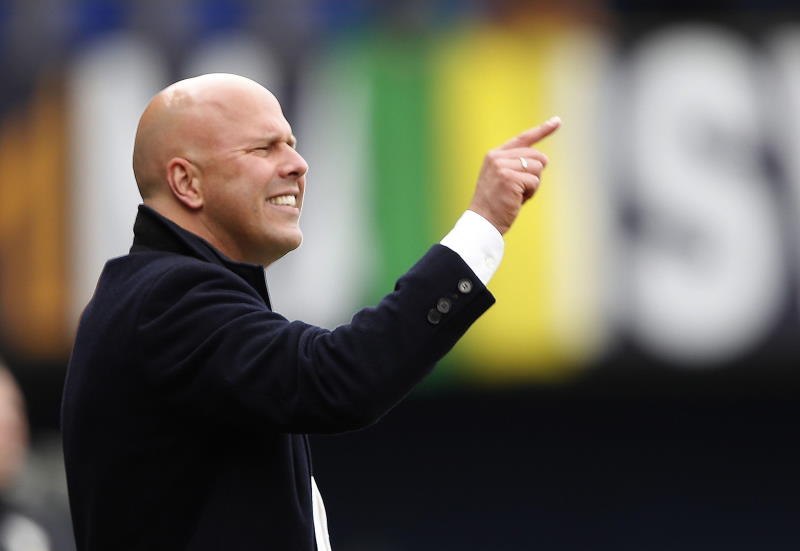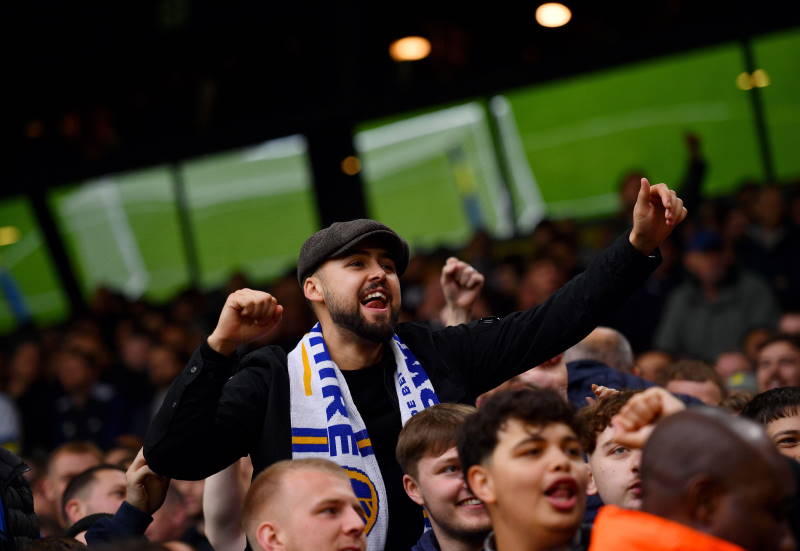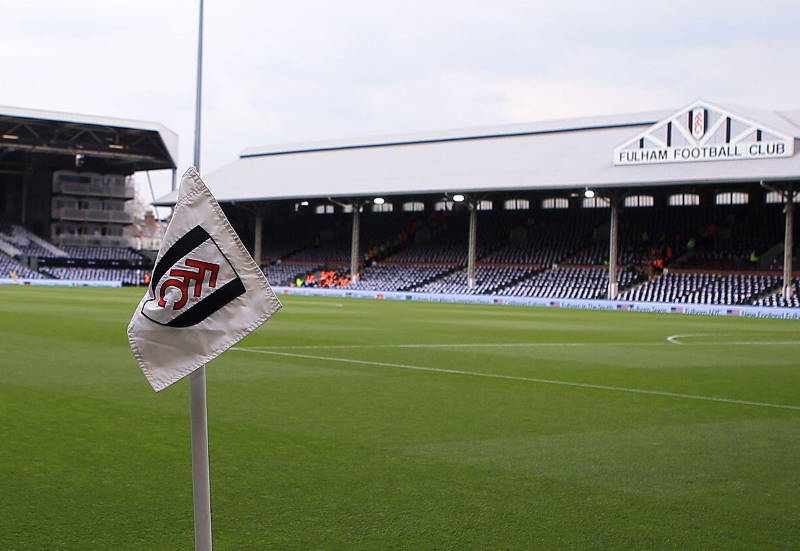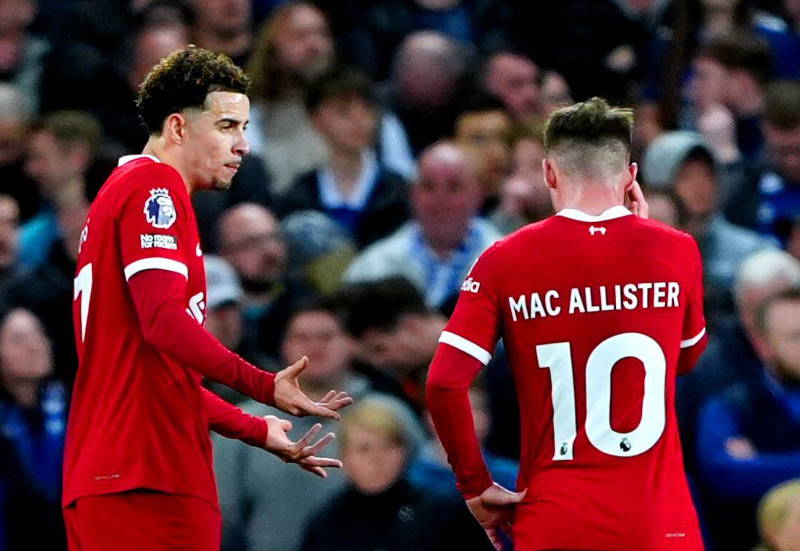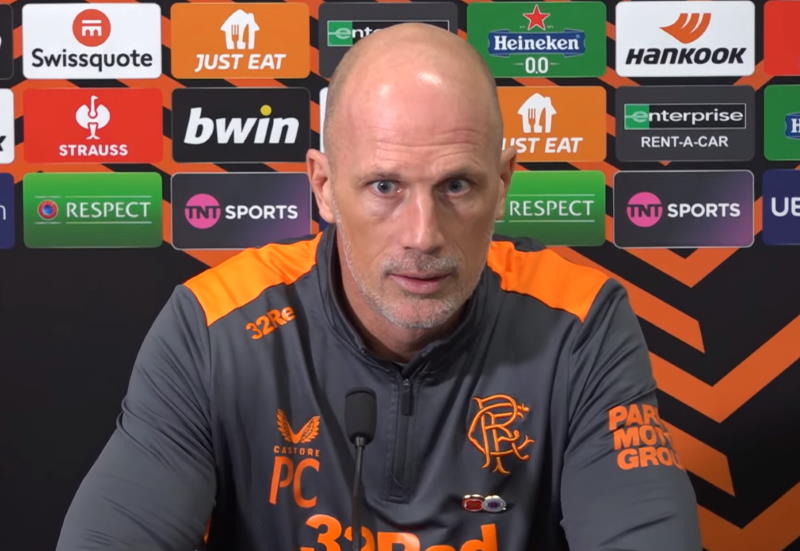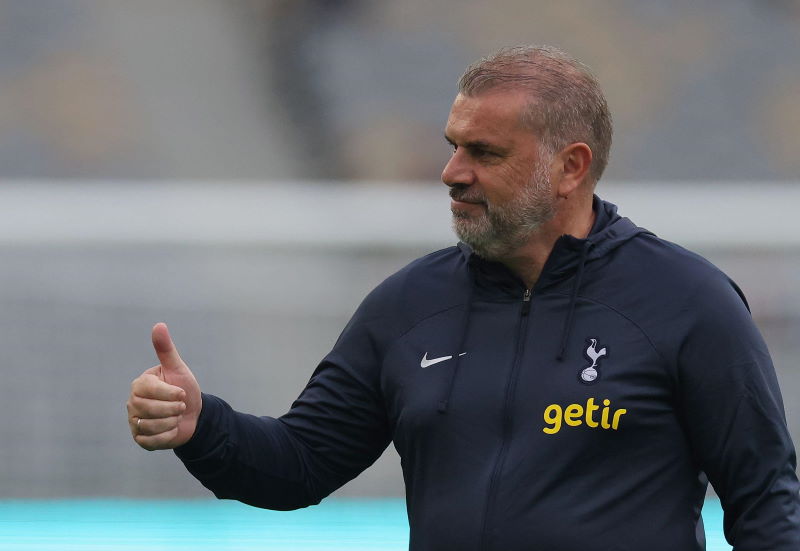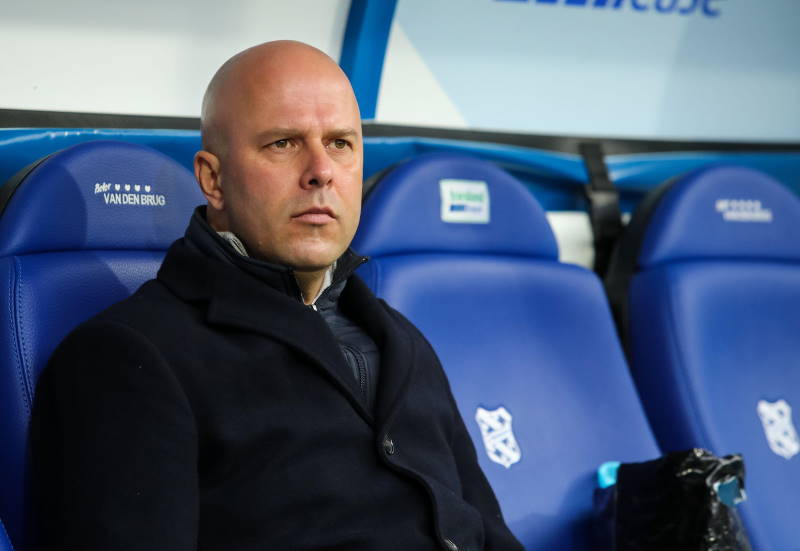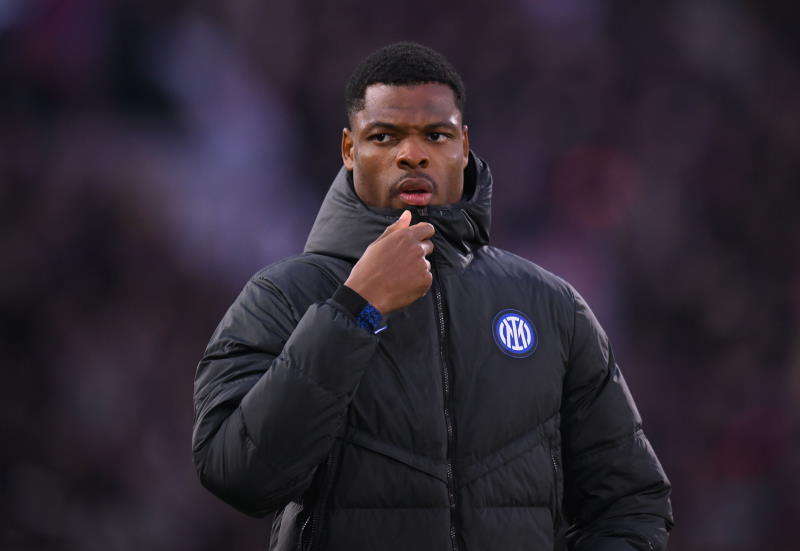
52 matches, 132 goals, and 1,309,929 spectators later, Colombia can look back on this year’s FIFA Under-20 World Cup with immense pride at a job very well done. The attendance broke the previous record set in Egypt two years ago, and praise rolled in domestically and internationally both for the efficient organisation and for the family friendly atmosphere that resonated throughout.
It was all a far cry from the last time Colombia hosted a major international football competition. Back in 2001, at a time when terrorist activity perpetuated by the Fuerzas Armadas Revolucionarias de Colombia (FARC) was a regular occurrence, Colombia hosted the Copa America. Security concerns saw Argentina pull out of the competition, while various other players from nations who did compete elected to stay at home.
It was a dark time for all Colombians, but the hardline approach of president Alvaro Uribe, who served in office from 2002-2010, saw a decrease in FARC activity and allowed the country to begin the slow process of overturning its tarnished reputation on the world stage. The number of foreign visitors per year nearly doubled between 2002 and 2006, culminating in the popular travel publisher Lonely Planet naming Colombia as one of its top ten destinations.
Despite increased terrorist activity since Uribe was succeeded by Juan Manual Santos, and the fact that the country still had the fifth highest homicide rate in the world per 100,000 people in 2010, the Under-20 World Cup was seen as an ideal opportunity for Colombia to show the world the progress that has been made since the dark days of the early millennia.
To that end, approximately $75M was invested into infrastructure and marketing. Proexport, the institution in charge of the commercial promotion of non-traditional exports, international tourism and foreign investment, commissioned adverts featuring former national team goalkeeper Oscar Cordoba and current striker Radamel Falcao that aired across Latin
America. Cordoba was also part of a delegation, including 14 entrepreneurs, who toured the region putting on workshops that gave information on the tourist activities and facilities available in each of the host cities.
Proexport estimated that over 300,000 tourists would visit the country during the tournament, spread across the eight host cities of Armenia, Barranquilla, Bogota, Cali, Cartagena, Manizales, Medellin and Pereira.
Early ticket sales were promising. 600,000 had been sold by mid-June, with all games in Bogota, including the final and third place playoff sold out. Post-tournament figures indicated that 216,407 spectators watched matches in Bogota’s El Campin stadium, including the 36,058 who witnessed the final between Brazil and Portugal. Excepting Armenia, whose Centenario stadium suffered from disappointing attendances, the remaining six host cities all lived up to expectations.
The positive atmosphere was briefly derailed by the reprehensible actions of Colombia’s senior national team coach Hernan Dario Gomez, who was seen striking a woman outside a Bogota bar while the tournament was still in progress. The Under-20 World Cup was meant to be displaying a new Colombia to the world, portraying a positive image of a country often tarnished by negativity, and yet here was a senior public figure perpetrating violence against women. The swiftness of his resignation, albeit one that was not accepted by the federation until after the tournament’s conclusion, was enough to blunt much of the initial uproar and give the impression that Colombia is not a country that tolerates violence in any form, especially violence against women.
Once the focus returned to the football it was the usual case of disappointment for the local supporters as Colombia were eliminated by Mexico in the quarter-finals. Los Cafeteros had briefly sparkled, most notably in their 4-1 demolition of France in the opening match, and in the triumvirate of James Rodriguez, Michael Ortega and Luis Muriel possessed three stars who will continue to shine ever brighter in the years to come. Defensive deficiencies were eventually their undoing, but it was heartening to see public support for the tournament continue after their elimination.
All in all, Colombia did a fantastic job in their hosting of the tournament. It was the advert for the new Colombia that all those who worked so hard to make it a success wished for it to be, and could now act as a springboard for the hosting of future international events. FIFA President Sepp Blatter described it as the best ever Under-20 World Cup and indicated that Colombia will certainly be in the running to host the World Cup proper in 2026.
The strong possibility of a joint Argentina-Uruguay bid for the 100th anniversary of the World Cup in 2030 would surely put such aspirations to bed, as FIFA is unlikely to sanction back-to-back tournaments on the same continent, but whatever the future holds for Colombia the nation can be proud that the world, for once, will hold them in positive esteem after an excellent Under-20 World Cup.

